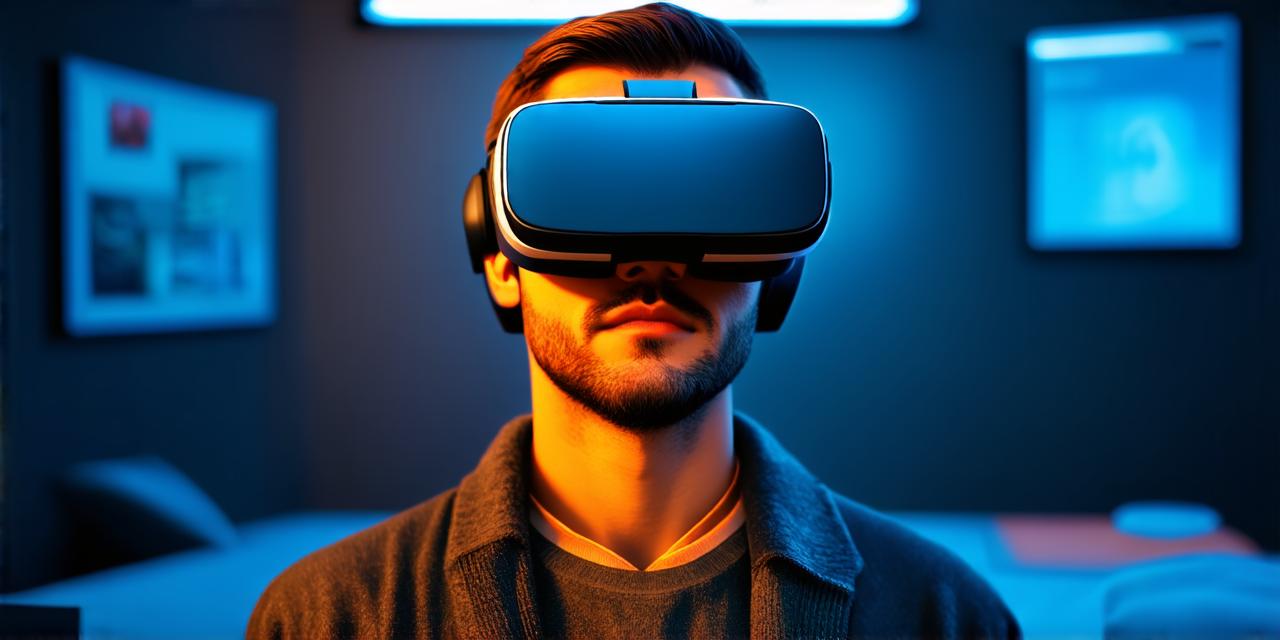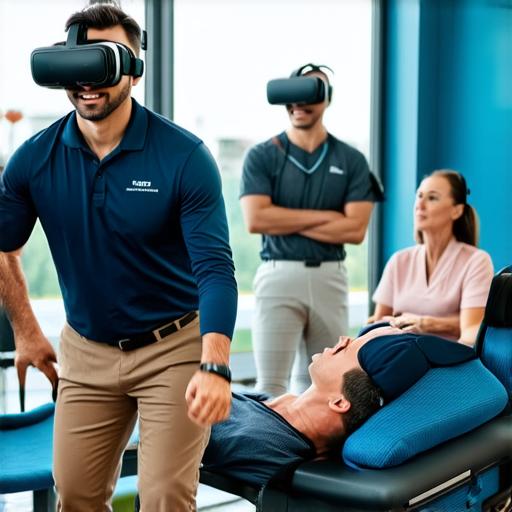
Which of the following is essential for the effectiveness of virtual reality therapy?
Virtual reality (VR) therapy has gained significant popularity in recent years due to its potential benefits for treating various mental health disorders. VR therapy involves using computer-generated simulations to create a safe and controlled environment for patients to confront their fears or phobias, learn new skills, and improve their overall well-being.
Immersive Environment

One of the most critical aspects of VR therapy is its ability to create a highly immersive environment for patients. By wearing a headset and interacting with virtual objects, patients can fully engage in the simulation and feel as though they are physically present in the environment being simulated. This level of immersion allows patients to confront their fears or phobias in a safe and controlled setting, which is essential for effective treatment.
Realistic Simulations
VR therapy relies on highly realistic simulations that accurately replicate real-life scenarios. These simulations can be customized to suit the specific needs of each patient and can include a wide range of environments, objects, and situations. By exposing patients to these simulations, VR therapy can help them develop new skills, improve their confidence, and overcome their fears or phobias in a controlled and effective manner.
Expert Guidance
Virtual reality therapy is typically conducted by trained therapists who are familiar with the technology and its applications. These therapists can guide patients through the simulations, provide feedback and support, and help them achieve their treatment goals. Expert guidance is essential for ensuring that the VR therapy experience is safe, effective, and tailored to the specific needs of each patient.
Customizable Experience
Virtual reality therapy offers a highly customizable experience that can be tailored to suit the specific needs and goals of each patient. This includes selecting appropriate simulations, adjusting the level of immersion and realism, and providing personalized feedback and guidance. Customization is essential for ensuring that the VR therapy experience is effective and engaging for each patient.
Effective Outcomes
Numerous studies have shown that virtual reality therapy can be highly effective in treating a wide range of mental health disorders, including anxiety, depression, phobias, and PTSD. These studies have demonstrated significant improvements in patient outcomes, such as reduced symptoms, improved mood, and increased confidence and self-esteem. Effective outcomes are essential for demonstrating the value of VR therapy as an effective treatment option.
In conclusion, virtual reality therapy is a highly promising treatment option that offers numerous benefits for patients. The key components that make VR therapy effective include an immersive environment, realistic simulations, expert guidance, customizable experience, and effective outcomes. By incorporating these elements into their therapy sessions, therapists can help patients overcome their fears and improve their overall well-being in a safe and controlled manner.


